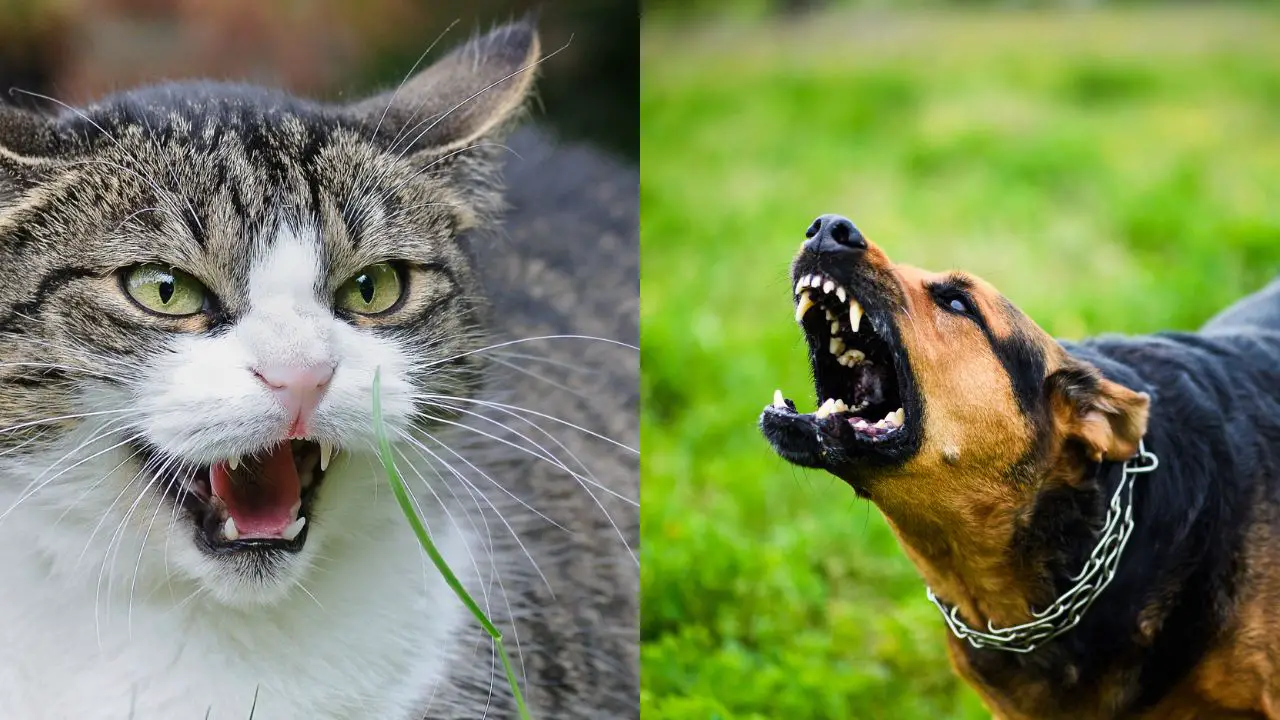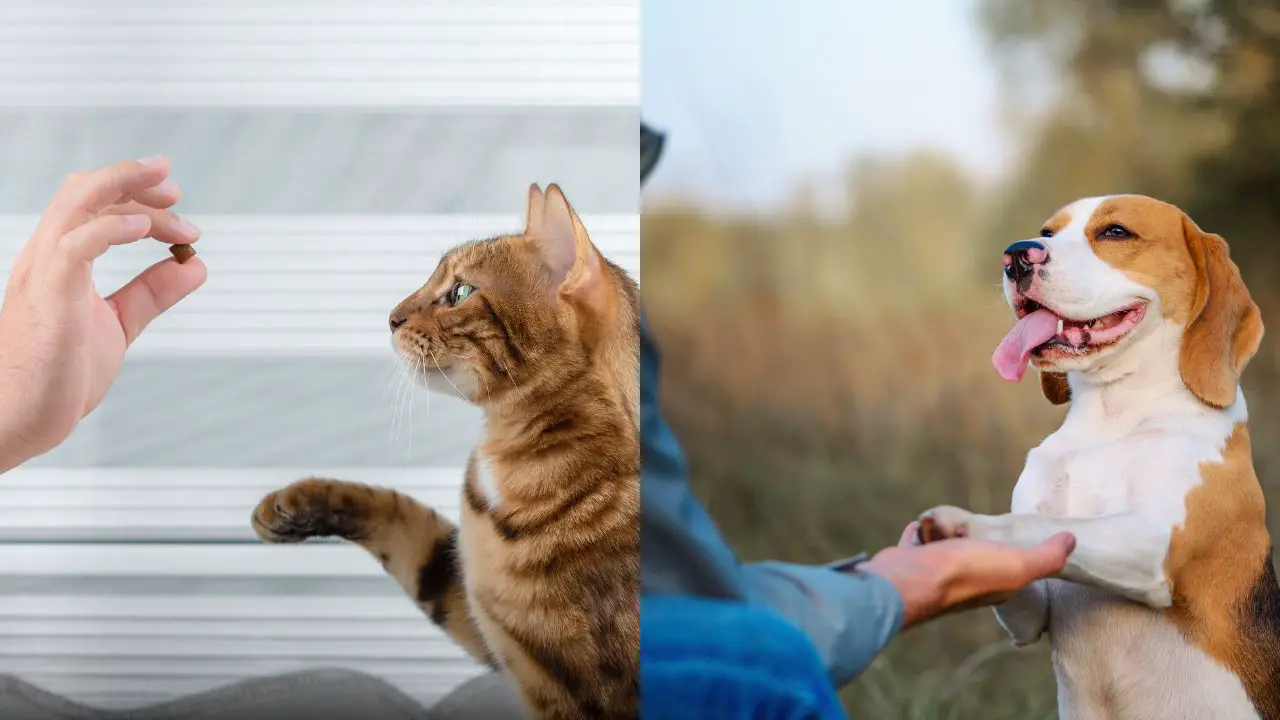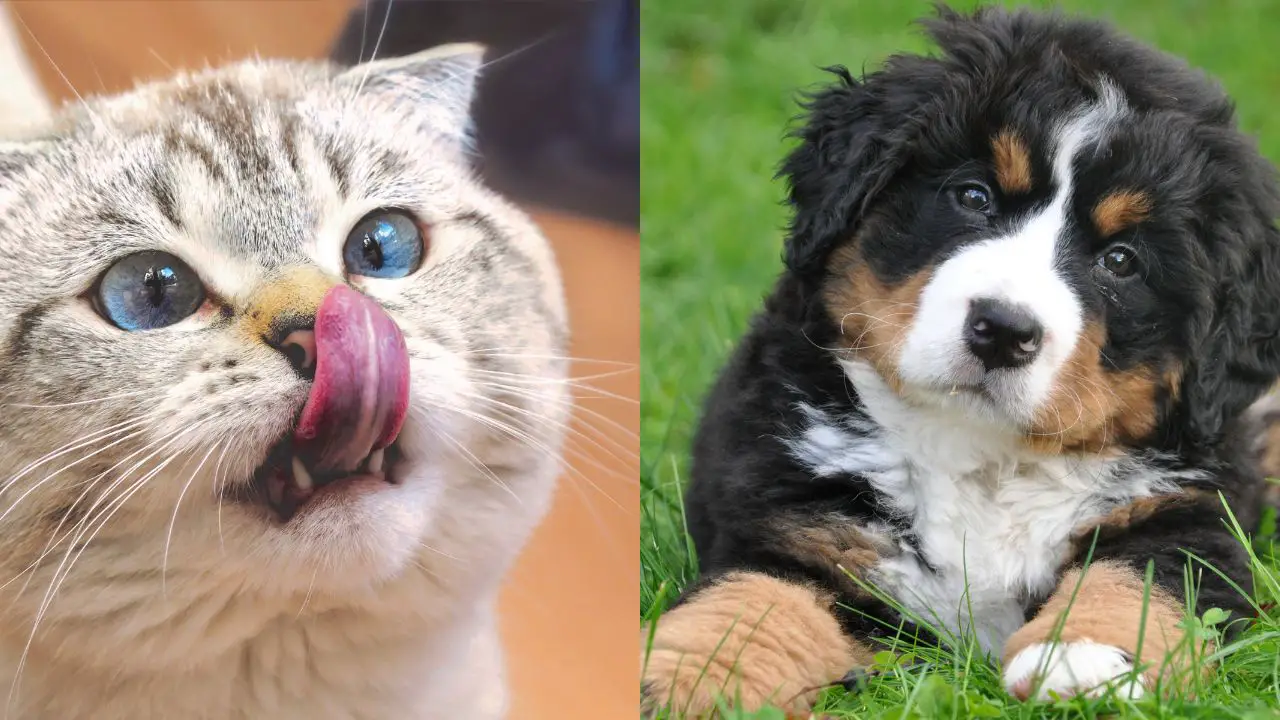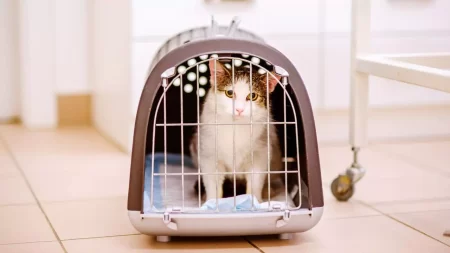The age-old debate, are cats better than dogs? Let’s dive into the furry world of felines and canines to explore the pros and cons of these beloved pets. Join me as we explore this never-ending comparison between cats and dogs!
It is an age-old debate — cats versus dogs — which one makes a better pet? While opinions on this topic can certainly be divided, both cats and dogs have many exceptional qualities that make them lovable companions. It’s important to consider a variety of factors when selecting the pet that’s right for you and your lifestyle. In this article, we will explore the individual characteristics and characteristics of both cats and dogs in order to examine which type of pet may be better suited for you. We’ll also compare cost, maintenance requirements, intelligence level, personality traits, emotional investment, and physical activity to help you make the best choice for your home. Ultimately it’s up to personal preference when it comes to picking a pet, but with a clear understanding of each species’ capabilities and needs, we can determine which one may be more suited when compared side by side.
History of Cats and Dogs

Humans have a long recorded history of living with both cats and dogs. Evidence of this dates back over 10,000 years when cats and over 30,000 years for dogs are believed to have been domesticated for the first time.
Today, both cats and dogs are kept as pets in many homes around the world. They both can provide companionship and unconditional love, making them popular choices as pets.
Despite their similarities, there are some key differences between cats and dogs that may influence which pet you choose for your home. From their physical characteristics to their different personalities, it’s clear that each animal offers its own unique set of benefits and challenges.
Cats are typically smaller than dogs; they don’t need as much exercise or physical space as a dog might require and they tend to be more independent—allowing them to easily adapt to different environments. Dogs on the other hand are very social creatures often referred to as “man’s best friend”. They tend to require more attention and come in a variety of sizes that make some breeds better suited for certain activities than others.
Physical Characteristics

The physical characteristics of cats and dogs make each species uniquely suited to its environment – cats are predatory species while dogs are scavenging. Cats evolved these traits to maximize their need to hunt, pounce, climb, and fit into tight spaces. Meanwhile, dogs typically have larger frames, longer legs, and bigger ears that help them detect various signals in the environment. The physical characteristics of cats often include a sleeker body, shorter legs, pointed ears, and eyes that are well-suited for night vision. Dogs may have curly or straight fur depending on the breed and their coats can range from short to long.
Cats also have sharp claws which help them keep their balance as they leap from surface to surface. They use their claws for catching prey or climb out of tight places in the wild. Unlike cats, most domesticated dogs do not have visible claws due to years of selective breeding for show purposes or working purposes such as police work or hunting vermin. Lastly, cats tend to groom themselves more than dogs can since they don’t often receive brushing sessions like larger pet breeds do – therefore they possess a highly effective self-cleaning system in order to remove dirt and debris from their fur.
Temperament

The temperaments of cats and dogs are drastically different, and this affects how they interact with humans. Dogs are typically more social animals than cats and have the potential to form strong bonds with their owners. They will often become very loyal pets when provided regular companionship, exercise, and attention. Dogs tend to be far more responsive to training than cats and will often respond quickly to commands such as “sit” or “stay”.
Cats, on the other hand, are generally independent animals who make few demands of their owners. While some cats may still be trainable, they typically have a much lower level of motivation compared to dogs when it comes to pleasing their owners. Cats do require daily brushing, clean litter boxes, and routine veterinary visits just like dogs do. However, they tend to be far better at grooming themselves than dogs which makes them easier for owners who can’t commit as much time or energy to caregiving.
Training

When it comes to training, cats, and dogs present different challenges. However, neither one is necessarily better or worse than the other; it all depends on the type of pet you are looking for.
Generally speaking, cats are not quite as responsive to training as dogs. They have a natural inclination to be independent and less social compared to many domesticated breeds of dogs. This means that cats respond better to a reward-based system when beginning training efforts such as positive reinforcement for desired behavior and luring them through rewards rather than using corrective discipline.
On the other hand, dogs normally respond very well to basic obedience commands such as response cues like sit, stay, and come when called. Dogs are born with a desire to please their owners and look for approval from their family members. For this reason, they often take well traditional training methods such as voice commands combined with simple discipline techniques like verbal warnings or physical corrections.
Since these two critters approach learning differently it’s important to understand each of their individual needs when making your decision about which pet will fit best in your home!
Health Considerations

When examining the debate of cats versus dogs, it is important to understand the health benefits of both animals. One way cats are better than dogs is their overall lifespan. Generally speaking, cats have a longer life expectancy than most breeds of small to medium-sized dogs. In addition to their longer life expectancy, cats are also more resistant to some common contagious diseases pet parents may be concerned about.
When it comes to dogs, most breeds require regular and extensive grooming and exercise routines in order for them to stay healthy and happy. Many people love having a dog companion that they can work out with when exercising or playing in the park or beach as this level of involvement with a pet can provide an extra level of companionship between humans and their canine friends.
Finally, each species’ need for veterinary care should also be factored into the decision-making process when selecting cats or dogs as pets. On average cats require fewer veterinary visits than their canine counterparts, as many vaccinations for cats are administered over one year period instead of multiple yearly booster shots given to dogs.
Cost Considerations

When considering whether cats or dogs make better pets, it is important to look at the costs associated with each type of animal. The cost of adopting a cat or a dog depends on factors such as age, breed, and size. On average, adopting a dog usually costs more than getting a cat.
Dogs typically require high levels of maintenance, including regular visits to the veterinarian for checkups and vaccinations, as well as monthly medication for flea and tick prevention. In addition to food, they also need high-quality toys and chew bones. Dogs may also require additional care such as obedience training or grooming sessions in order to keep them healthy and happy.
Cats may require less maintenance than dogs due to their independent nature; however, they still need regular visits to the vet for checkups and vaccinations. Cats come in a variety of breeds that vary greatly in price; long-haired cats may be more expensive due to their extensive coat maintenance requirements. In addition to food and an occasional trip to the groomer or vet, cats also enjoy playing with toys like scratching posts or laser pointers.
Conclusion
In conclusion, there is no single answer to this debate since the preferences of individual pet owners vary. Cats and dogs both provide unique benefits and drawbacks that can affect the level of care they require and how they fit into different aspects of daily life. Ultimately, the best pet is a pet that interacts well with its owner and fits into their lifestyle.
If you are looking for a low-maintenance companion, cats may be the better option due to their independent nature. Meanwhile, those who desire a more active and responsive pet would likely benefit from having a dog instead. When considering which type of pet might be best for you, it’s important to choose wisely based on your individual needs and lifestyle.







